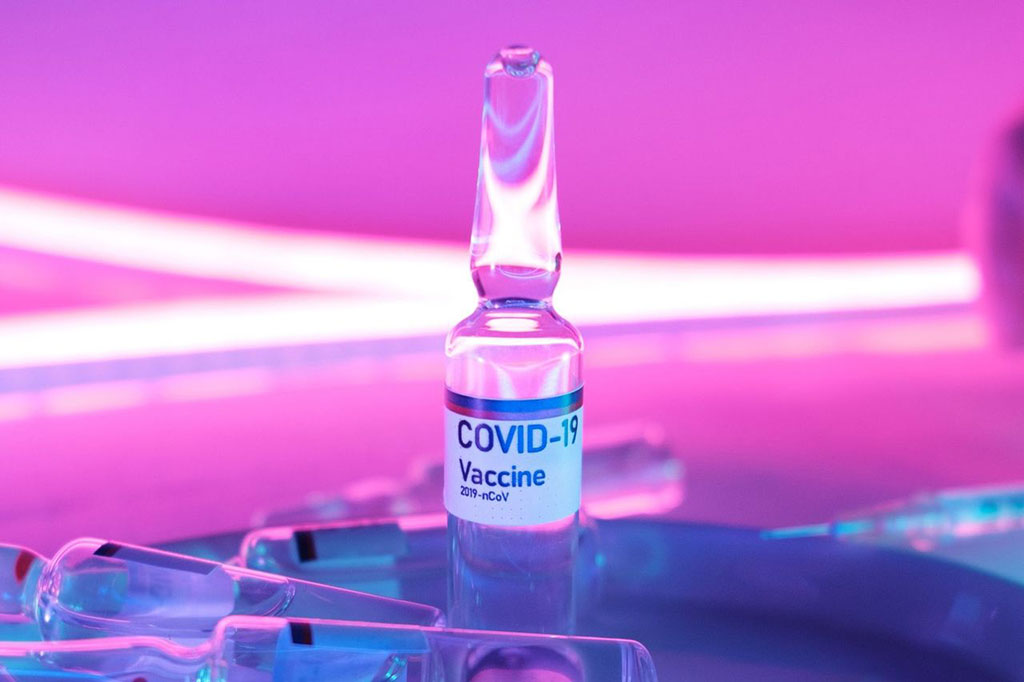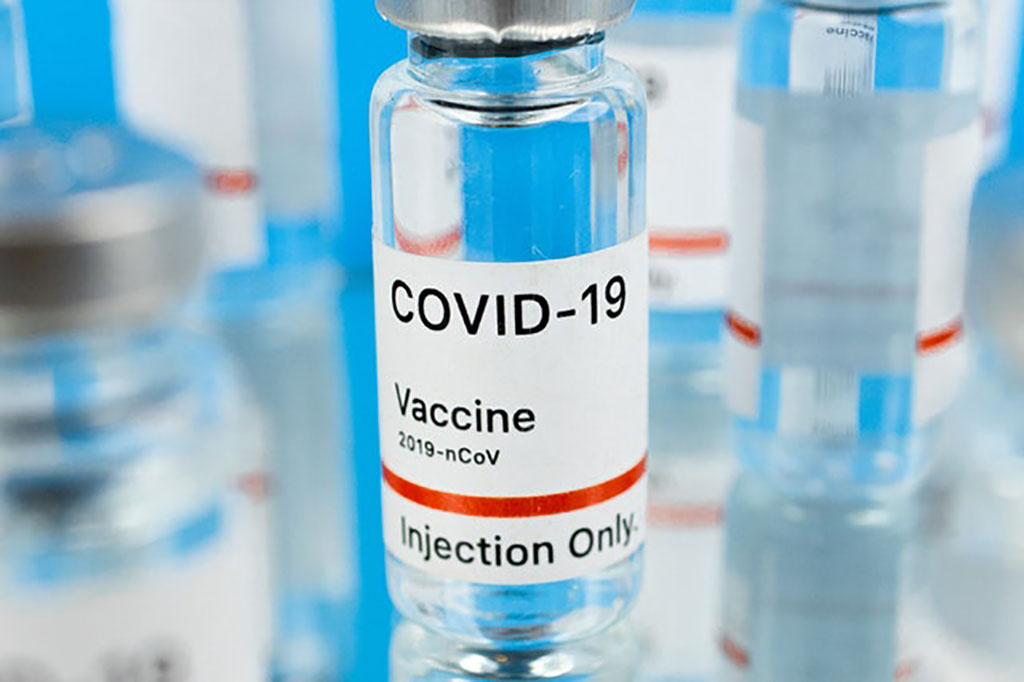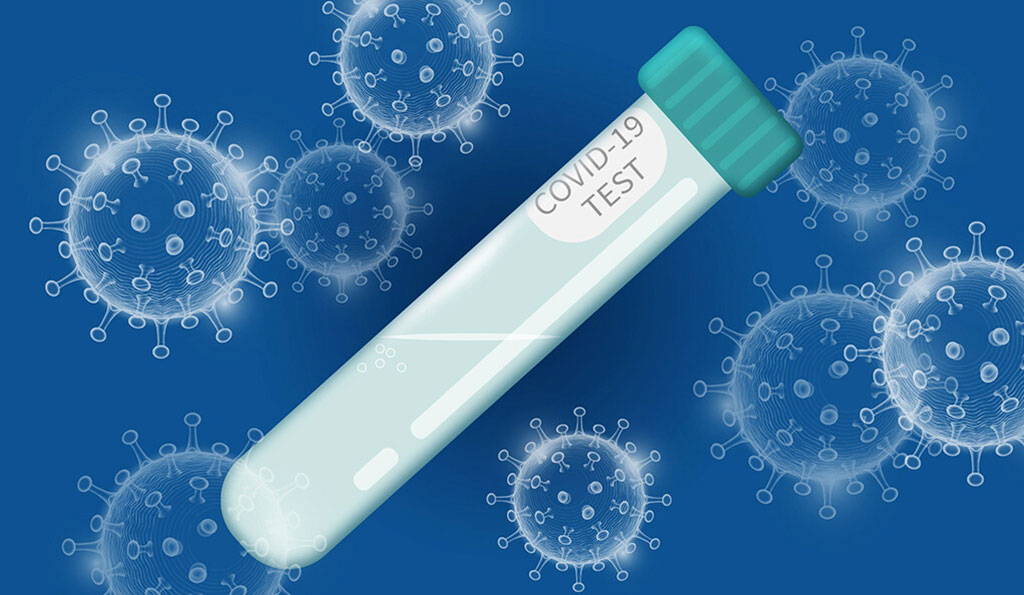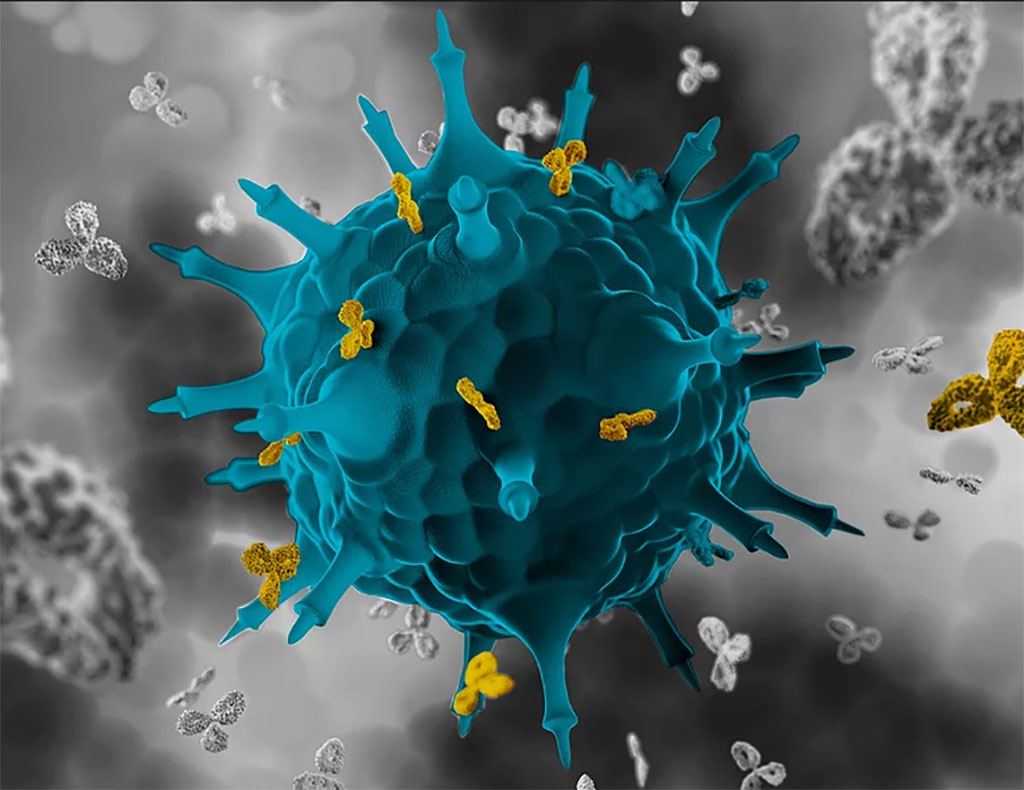Study Reveals Varying Antibody Responses and Adverse Reactions Among Recipients of Different COVID-19 Vaccines
Posted on 29 Sep 2021
A new study revealing how antibodies against the SARS-CoV-2 virus can vary among recipients of different COVID-19 vaccines was presented at the 2021 AACC Annual Scientific Meeting & Clinical Lab Expo.
The study by researchers at the Dartmouth-Hitchcock Medical Center (Lebanon, NH, USA) shows how antibody responses and adverse reactions can differ in recipients of the Moderna and Pfizer COVID-19 vaccines.

Vaccines have become essential tools in the fight against COVID-19, but it’s still unclear exactly how the antibodies generated from different vaccines change or wane over time. Meanwhile, the spread of the Delta variant and the rising number of breakthrough infections have both highlighted the importance of characterizing antibodies against SARS-CoV-2 in both vaccinated and unvaccinated individuals. Knowing more about antibody patterns could also help clinicians assess individuals’ immunity to SARS-CoV-2, in addition to helping with the diagnosis and management of patients.
In the new study, the researchers collected blood samples of 78 individuals who received the Moderna vaccine and 70 individuals who received the Pfizer vaccine, before the second vaccine dose, 14 days after the second dose, and 30 days after. The study participants also took a survey where they rated the severity of adverse effects and symptoms after vaccination. Overall, individuals who received the Moderna vaccine showed a higher antibody response against the viral spike protein compared with those who received the Pfizer vaccine (4,244 U/mL vs. 1,986 U/mL 30 days after dose two) and also reported stronger side effects. However, the researchers have cautioned that these differences could arise from confounding variables such as the higher mRNA dosage in the Moderna vaccine. The team also found that antibody responses had dropped 30 days after the second dose, regardless of the vaccine given.
“We can’t claim Moderna is better than Pfizer based on these results … but it does seem there is more of a response from Moderna at least in terms of the assay that we used,” said Michael Kelliher, PhD, of Dartmouth-Hitchcock Medical Center, who led the research. “How that correlates with the total adaptive immune response is unknown, and there’s still a decent amount of research that needs to be done on this topic.”
Related Links:
Dartmouth-Hitchcock Medical Center













